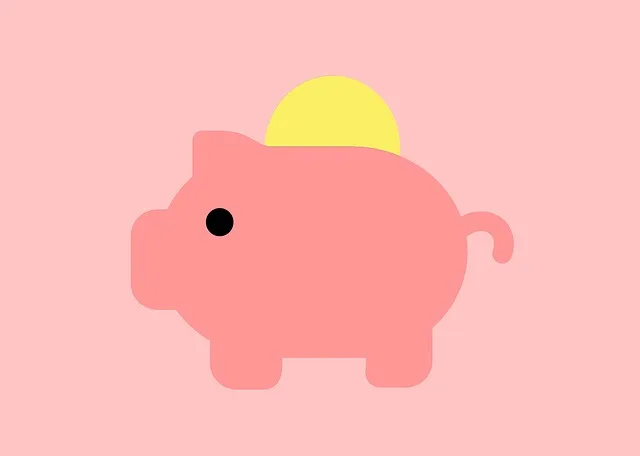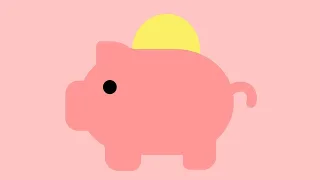Hello!
In this post, let’s talk about how to deal with a household budget deficit — and while we’re at it, let’s learn some practical English phrases. You’ll not only improve your financial habits but also boost your English!
1. Understand Your Current Situation
Phrase:
👉 “Track your income and expenses.”
The first step to fixing a deficit is knowing where your money is going. Use a budgeting app or spreadsheet to record every dollar (or yen!) you earn and spend.
2. Review Your Fixed Costs
Phrase:
👉 “Cut down on fixed costs.”
Monthly costs like rent, insurance, and phone bills often take up a big chunk of your budget. Try switching to a cheaper phone plan or reviewing your insurance options — small changes can make a big difference.
3. Eliminate Unnecessary Spending
Phrase:
👉 “Eliminate unnecessary spending.”
Daily coffee runs, streaming subscriptions, or impulse buys can slowly drain your wallet. Take a look at your recent purchases and ask: “Do I really need this?”
4. Consider Ways to Increase Your Income
Phrase:
👉 “Consider ways to increase your income.”
Cutting back only gets you so far. Why not try a side hustle, sell unused items online, or take on freelance work? Even small extra income can ease financial stress.
5. Remember: It’s a Long-Term Process
Phrase:
👉 “Fixing your finances is a marathon, not a sprint.”
You won’t see big changes overnight, and that’s okay. Stay consistent and remind yourself of your financial goals whenever motivation fades.
Summary
To turn your budget around, follow these three key steps:
Review, Reduce, and Raise.
With daily effort and a little patience, you’ll build a more secure financial future — and improve your English along the way!















